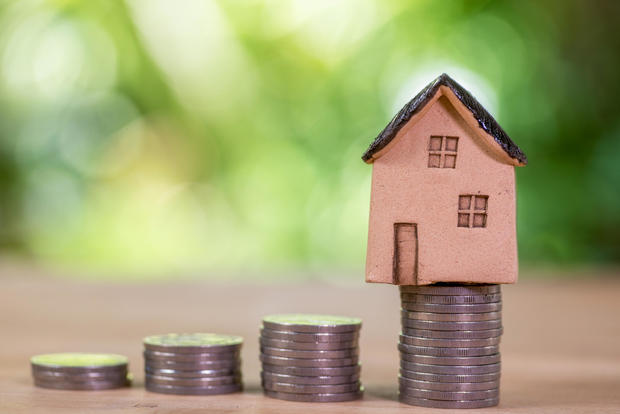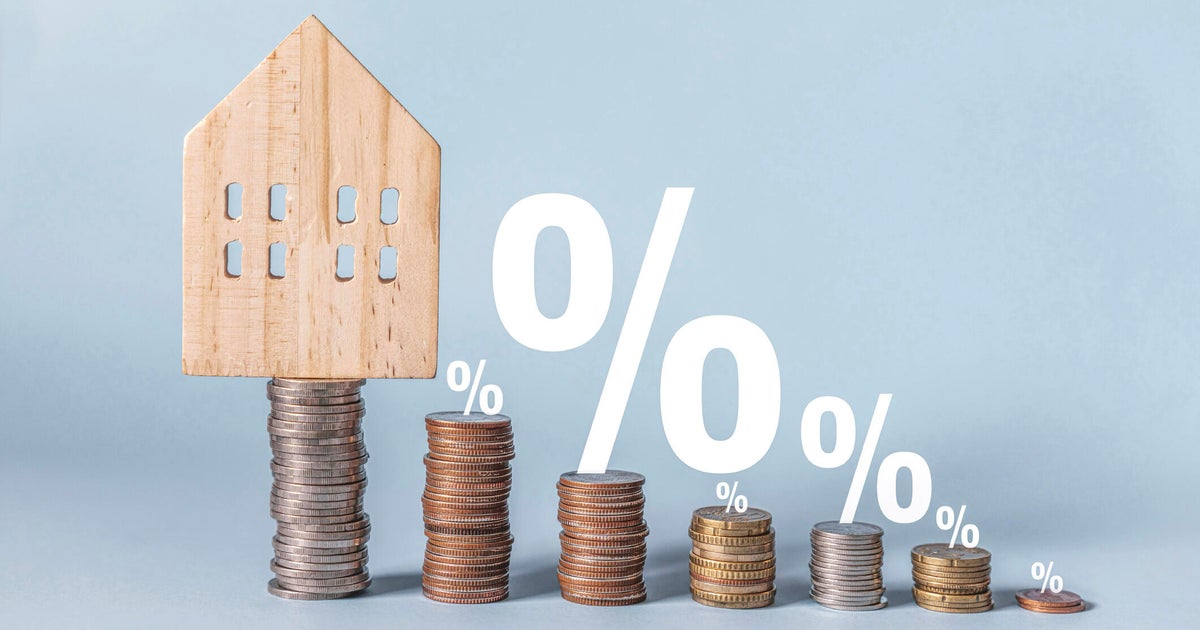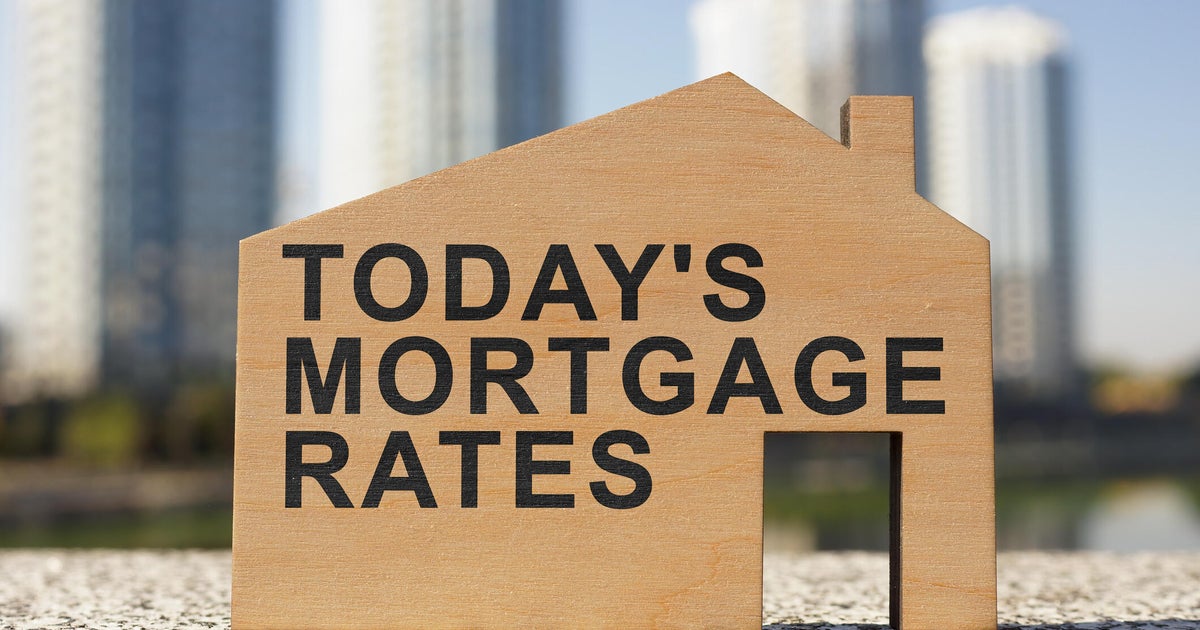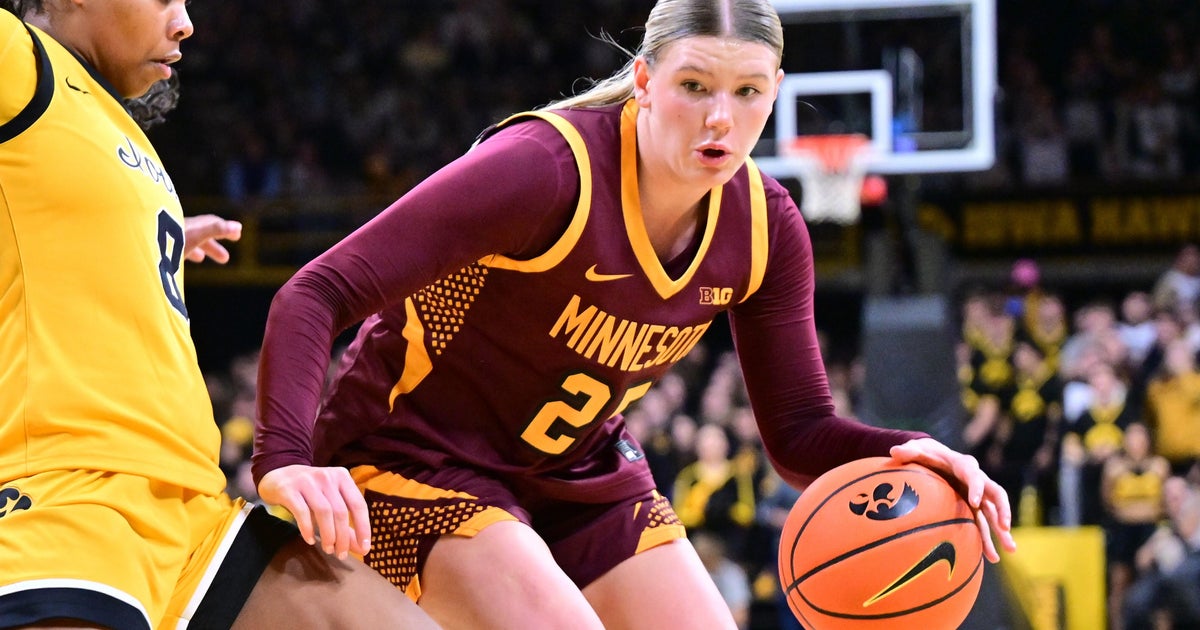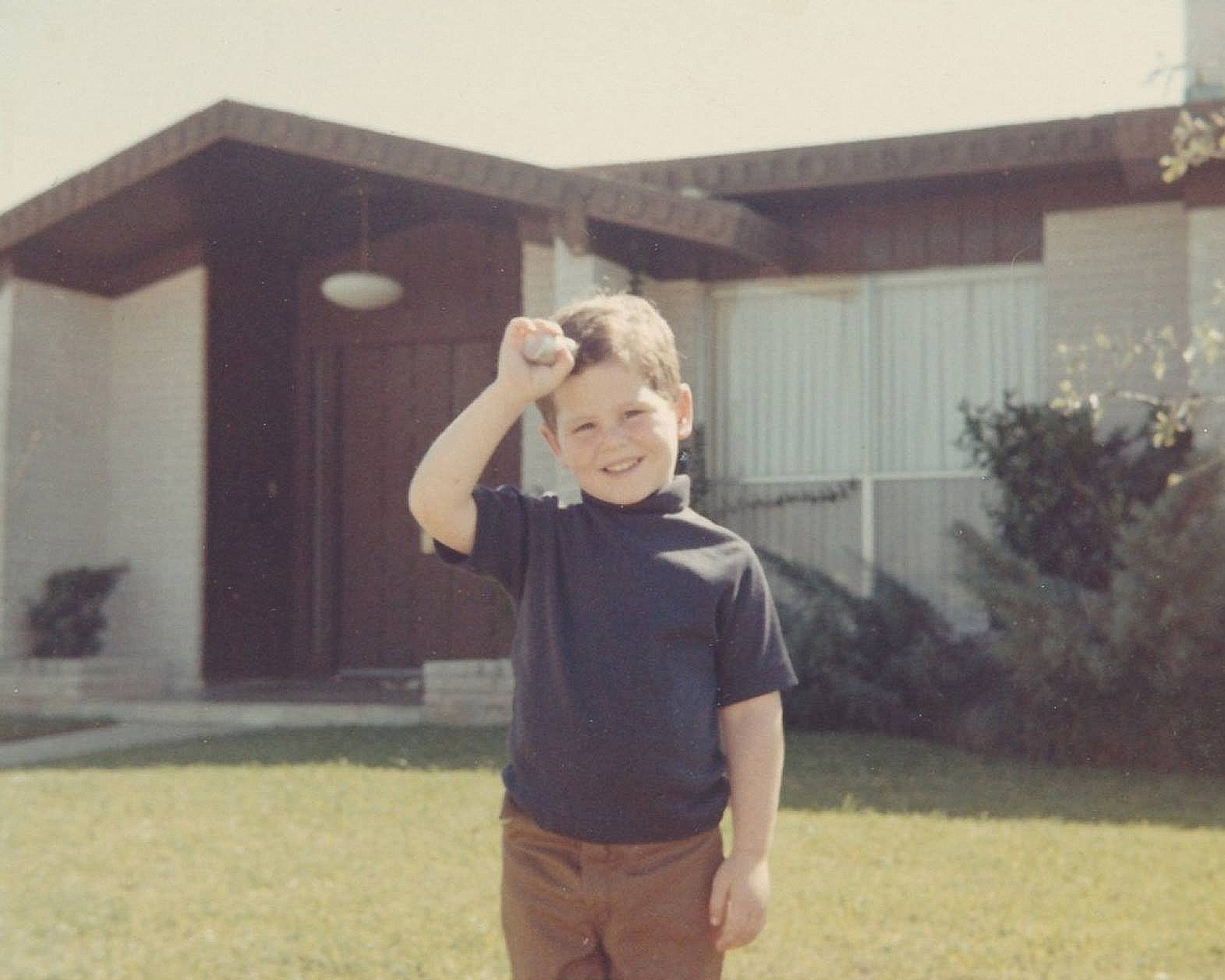3 reasons to get a cash-out refinance
If you like your home but dislike your mortgage terms, you don't necessarily have to move to get the change you're looking for. Instead, homeowners may be able to find relief by refinancing.
With a mortgage refinance, you can get a new loan to pay off your old one, thereby leaving you with the terms of the new mortgage. Doing so could potentially lower your mortgage interest rate (depending on current market conditions vs. those at the time you took out your initial mortgage) or help you make changes, like shortening the length of your mortgage.
One option is to get a cash-out refinance loan, where you replace your old mortgage with a larger loan, based on the equity you've built up in your home. The extra amount, above your previous mortgage balance, can be used as cash, though you'll still have to repay it over time. Typically, you can borrow up to 80% of your home's value in a cash-out refinance. So, if your home has gone up in value during the recent real estate boom, you might have more access to cash than you realize.
If a cash-out refinance sounds beneficial for your personal financial situation then start exploring your options online now or simply use the table below to check your local offers.
3 reasons to get a cash-out refinance
Some of the top reasons to take out this larger loan include the following:
Consolidate/pay off high-interest debt
One reason to get a cash-out refinance loan is to consolidate/pay off high-interest debt so that you ultimately save money. Doing so requires comparing mortgage refi rates versus other interest rates on your debt.
For example, maybe you've racked up credit card debt, which tends to have double-digit annual interest rates. If you can get a cash-out refinance for a much lower, single-digit mortgage rate, then it might be worth it to use those funds to pay off that high-interest credit card debt.
However, this decision also depends on factors like the size of your credit card debt versus your mortgage. You would need to calculate your expected savings by paying off your high-interest debt now against your expected timeframe at your current pace. Then, you would need to compare that with the costs of a mortgage refinance loan.
If you have $1,000 in credit card debt, you might not be happy about paying, say 20% interest on that, but perhaps you can find a way to earn extra money to pay that card off in a few months. In that case, the costs of refinancing might not be worth it. But if you have, say, $100,000 in high-interest debt, and you can essentially borrow $100,000 at a lower interest rate via a cash-out home loan, then it could be a more straightforward decision.
You can easily explore your refinance options here now to see if it makes sense.
Pay for renovations
Another potential use for a cash-out refinance is to use the money to pay for renovations or home remodeling.
Depending on the project you're looking to tackle, your costs could be in the range of tens of thousands of dollars to even $100,000-plus. From redoing your kitchen to investing in landscaping to adding an extension to your house, there are many ways to remodel or renovate.
If you don't have that cash sitting aside, then you could compare cash-out refinance rates versus. other types of loans. If you can get a good deal on mortgage refi rates, such as if doing so reduces your current mortgage rate while also giving you extra liquidity, then you might decide to go forward with this option.
Make other investments
If you want funds to make other investments, such as buying a second home, then a cash-out refinance might make sense. Granted, this can increase your overall debt and risk, but depending on the investment opportunity, you might see that as a worthwhile tradeoff.
Suppose you bought your home for $500,000, and it's appreciated to $1,000,000. Rather than waiting until you move to realize that gain, maybe you would do a cash-out refinance that nets you $300,000 in cash. And maybe you then use that money to buy a small rental property outright.
If all goes well, you might be able to use the rental income to subsidize your new mortgage after the cash-out refinance. Meanwhile, you gain this new asset in the rental property.
That said, you want to be mindful of mortgage rates. The cost to finance the cash-out home loan might be higher than what you could generate via other investments, so it's important to weigh your options. Also, consider speaking with a financial advisor or trusted professional to see what your investment options and financial situation might look like if you do refinance. You can check eligibility and current refinance interest rates online now!
The bottom line
A cash-out refinance can be a great way to give yourself more financial flexibility, especially if you can benefit by refinancing to a lower interest rate. Amidst the Fed's recent interest rate hikes, finding that lower mortgage rate might be difficult for now, but it's something you may want to keep an eye on, as market conditions can change.
